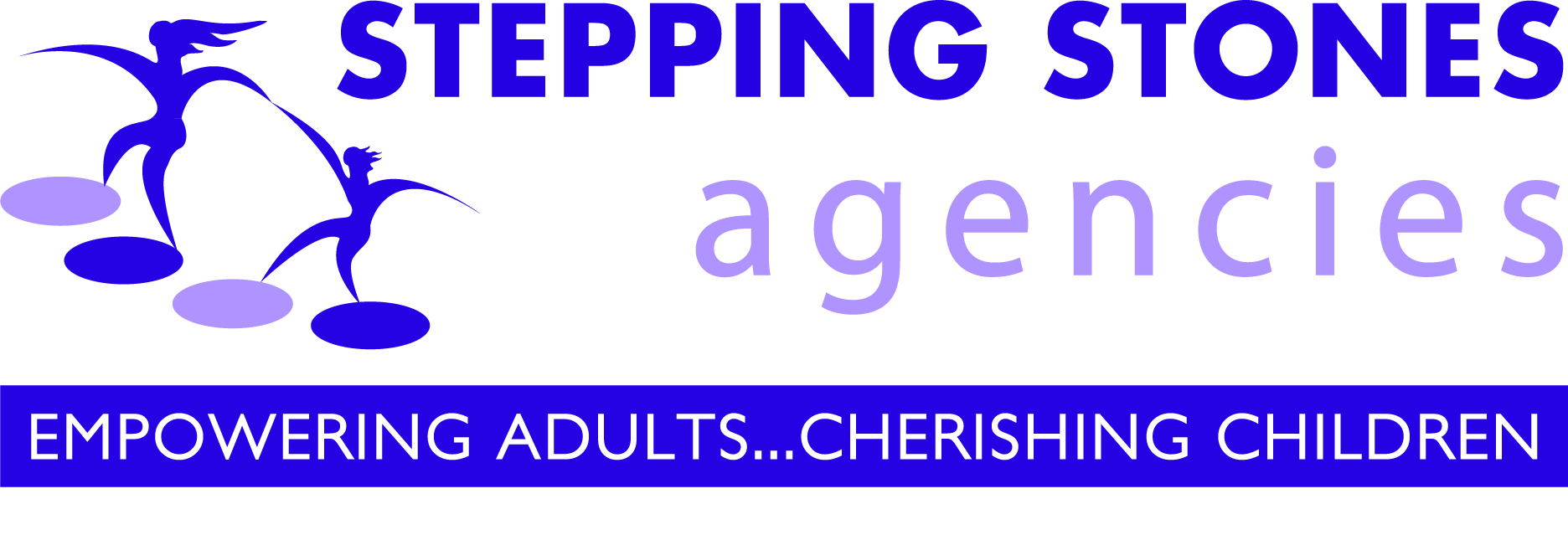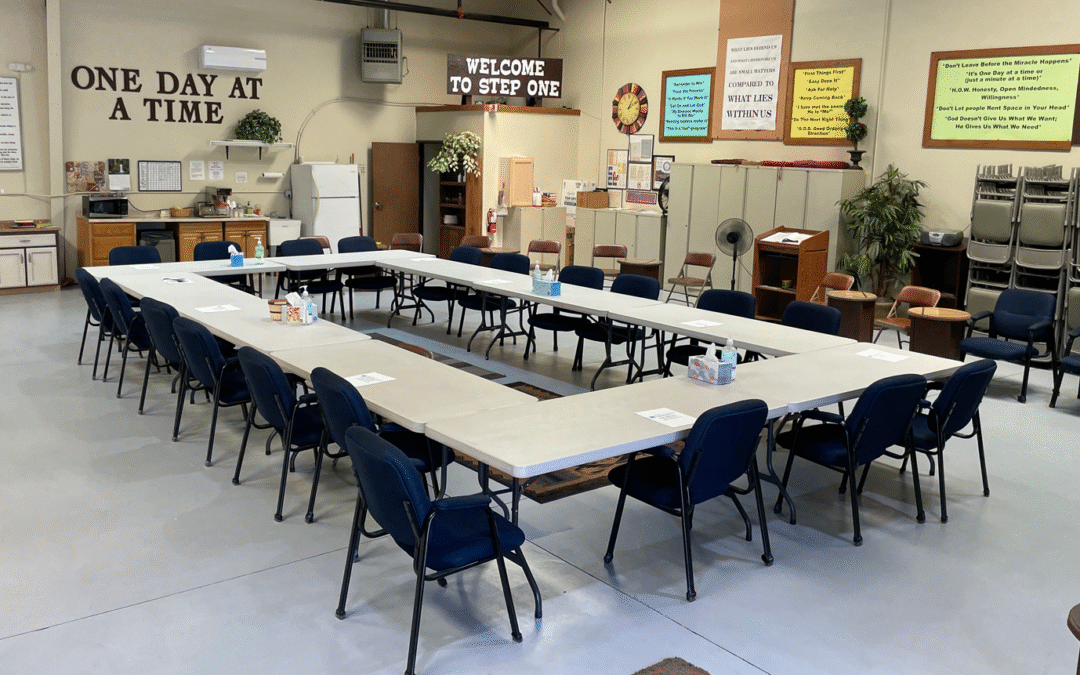Recovery through a 12-step program offers more than just sobriety—it opens the door to true independence. After 45 years of supporting families, we know that domestic violence and substance abuse can be linked together in many ways. Like victims of abuse, many who struggle with substance abuse often feel trapped, reliant on others or substances to manage life. But through the process of working the steps and connecting with a supportive fellowship, individuals begin to rebuild self-trust, stability, and confidence. This is why we often use the 12-steps to help adults find support during their healing.
Recovery from substances helps people gain emotional independence. By working through past harms and learning new coping skills, individuals no longer need to rely on substances or unhealthy relationships to manage feelings. Next, it fosters financial independence. As the fog lifts and responsibilities are reclaimed, people often return to work, pay off debts, and manage their own lives with integrity. Finally, recovery leads to spiritual independence — the ability to find purpose and connection without relying on external validation or control.
The Twelve Promises describe this transformation beautifully: “We will know a new freedom and a new happiness… We will comprehend the word serenity and we will know peace.” These aren’t just hopeful sayings—they are lived realities for people in recovery who find the courage to show up, one day at a time. Independence becomes not just possible, but sustainable.



Recent Comments